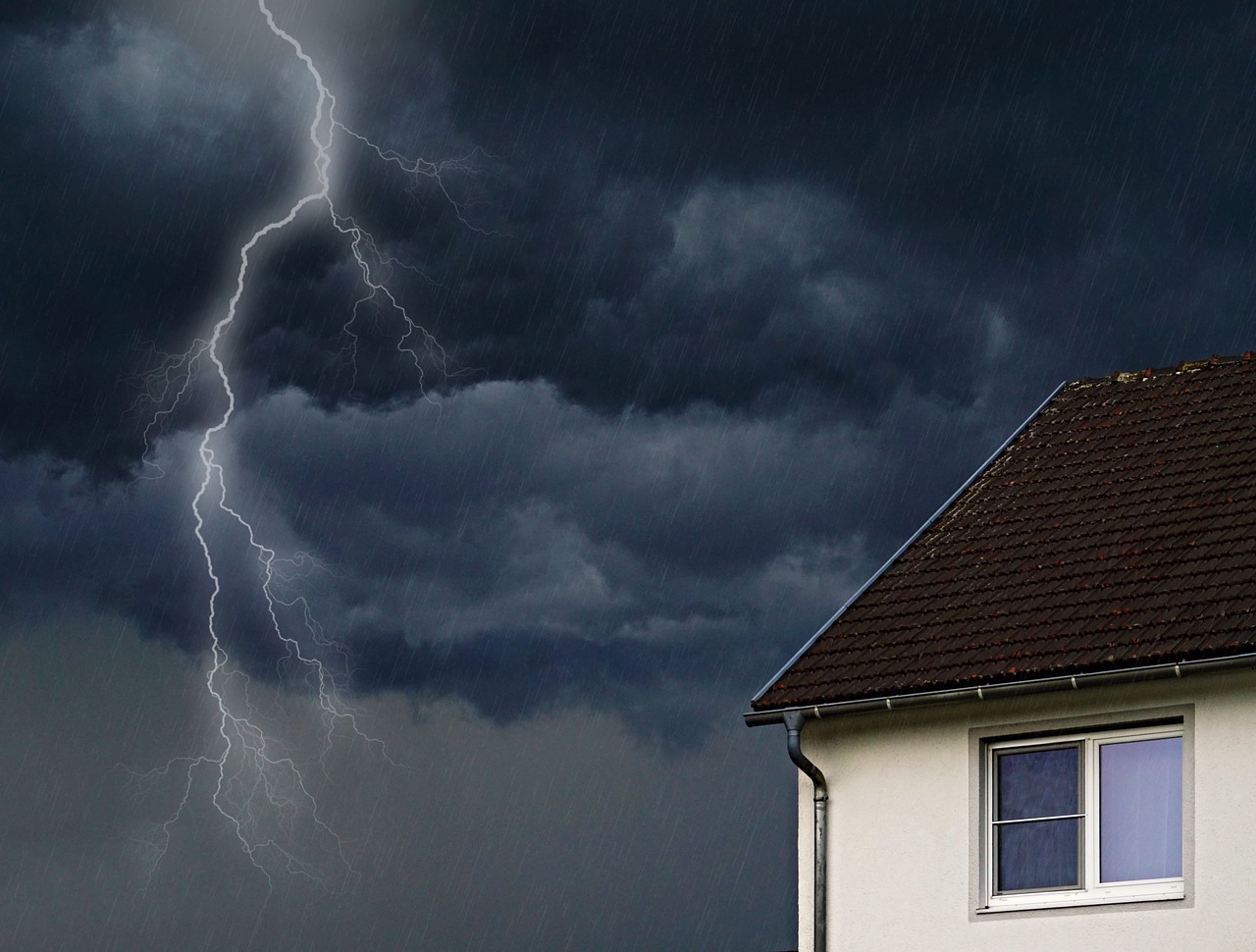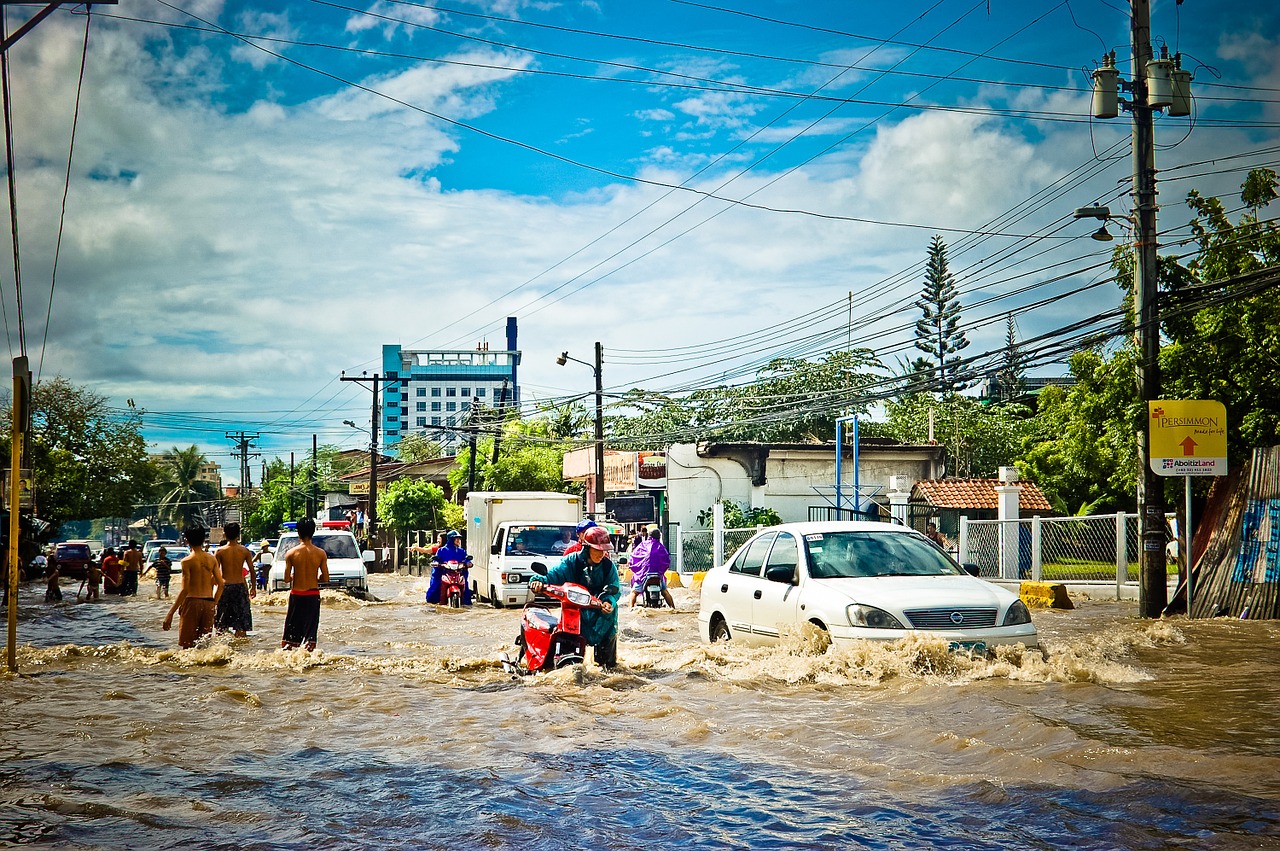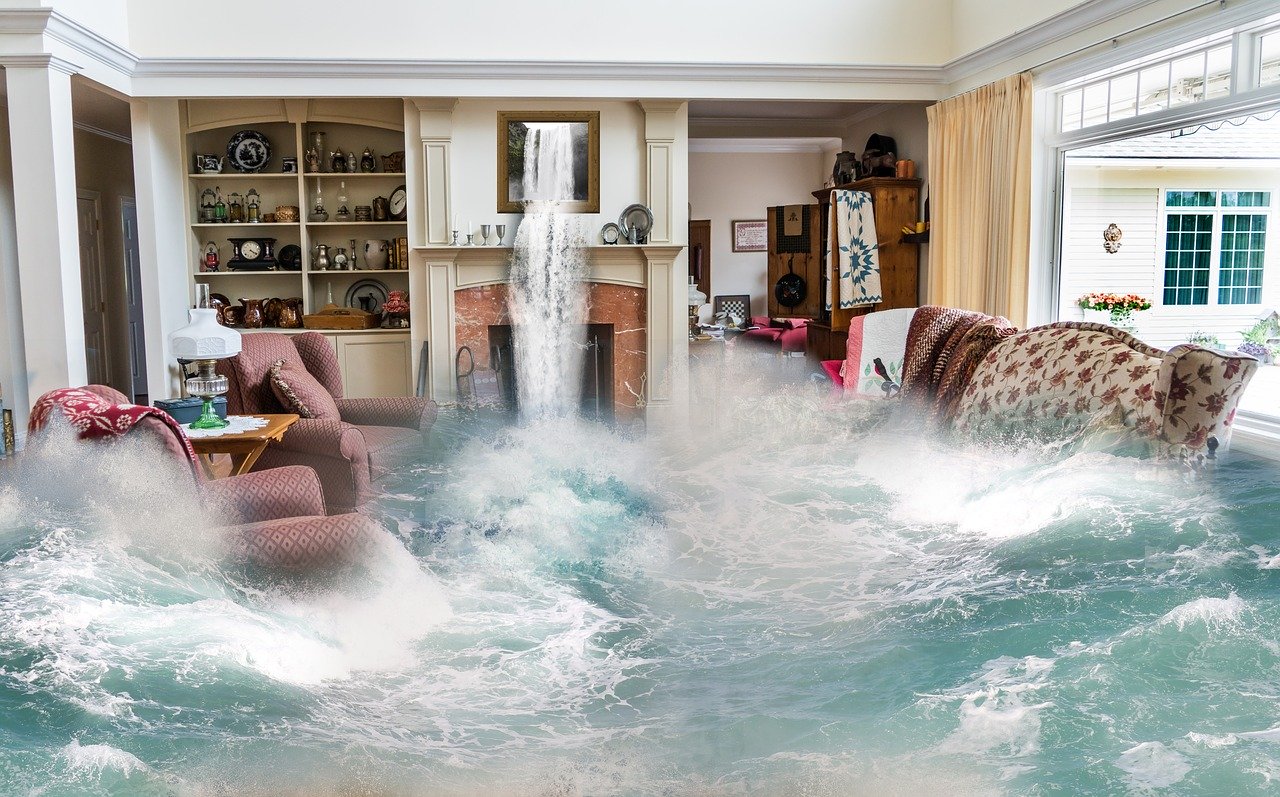The Short Answer Is: It Depends On Your Region
America has over 320 million people living as citizens within its borders. Of those 320 million, about 41 million live in areas known for their propensity to flood. A massive quotient of those flood-prone properties are in the country’s eastern areas, and around its massive coasts. Flood insurance for such regions will be higher than others, or unavailable.
Sometimes an HOA (Home Owners Association) requires residents within the community to purchase flood insurance. Sometimes this isn’t an issue. Also, you may live in a home that’s on a hill, and though the region is known for its floods, there would have to be some sort of extinction-level event to impact your property. In that case, going cheap is wise.
Cheap Insurance Considerations
If you’re going to have your home protected, cheap insurance options could end up pulling the rug out from under you. For example, say your home is in a hurricane area, and it floods. You’ve got flood insurance, but they deny you coverage even though the damage matches associated criteria. Then FEMA comes in and rebuilds your house on taxpayer money.
This isn’t an uncommon scenario, but it is one reason many insurance companies providing flood support deny coverage in the wake of a national disaster: some disasters are so big, they understand the government’s going to step in to fix things up, and they need not waste their resources. This is a special scenario, but it’s happened before, and it will happen again.
Contrarily, you may be able to get comprehensive coverage at a cheap rate in an area of the country that isn’t known to have floods. When a flood comes, you’re able to get fully taken care of in terms of settlements with no issue from the insurance company, owing to the rarity of such an instance.

A Rule Of Thumb To Inform Your Strategy
Here’s what you should bank on, though, as a general rule of thumb: the more cheap the insurance, the less likely you are to be covered in the event of a legitimate emergency—even if the fine print says you are. This is because cheaper insurance companies tend to have some affiliation with “shell” companies, and those don’t really have the ability to back up their coverage claims.
That’s why they’re so cheap: the company itself is just a means of collecting money, it doesn’t actually mete out damages in the event of an emergency. Accordingly, if you’re going to go with a cheap option, it’s wise to assure yourself that option has come through for home owners in the past.
When all else fails, you want to seek consultation from true authorities, and do research into such issues using sources that are well-known for their authoritative understanding of the issue—and from multiple angles. The following website carefully covers several exceptionally considerable tactics to secure you reliable, cheap flood insurance strategies.

Location And Law
There are situations where, if there are no legal requirements, and you’re situated in the right area, you don’t even need to worry about insurance. Say you find a property that sits far away from any large body of water on a hillside that has known no flood. Even should unexpected torrential rains blindside you, your property will likely remain intact.
However, in such “freak” storms, often things like hail and water damage from other quarters may be sustained. Flood insurance can come packaged into an insurance bundle; in such a scenario, you might as well pay a few extra dollars for comprehensive coverage.
Also, it may be worth your while to invest in equity insurance through architectural modification. SEMSWA stands for SouthEast Metro Storm Water Authority. This is a regional group which can ensure anti-flood preparations pass muster in terms of effectiveness and code. In some regions, you might as well just expect flooding, and build accordingly.
In swampy areas houses are commonly built on stilts for this purpose. You may not be in that sort of situation, but as the saying goes, it’s better to have something and not need it, than to need something and not have it. This is certainly the case when it comes to anti-flood preparation, or flood insurance.
What You Should Consider Going Forward
At the end of the day, consultation and research will inform you on whether your region makes cheap flood insurance something you should pursue, or something that will bite you in the end. One thing is sure: you can cut down risks and costs in terms of preparation if you do the research beforehand.
